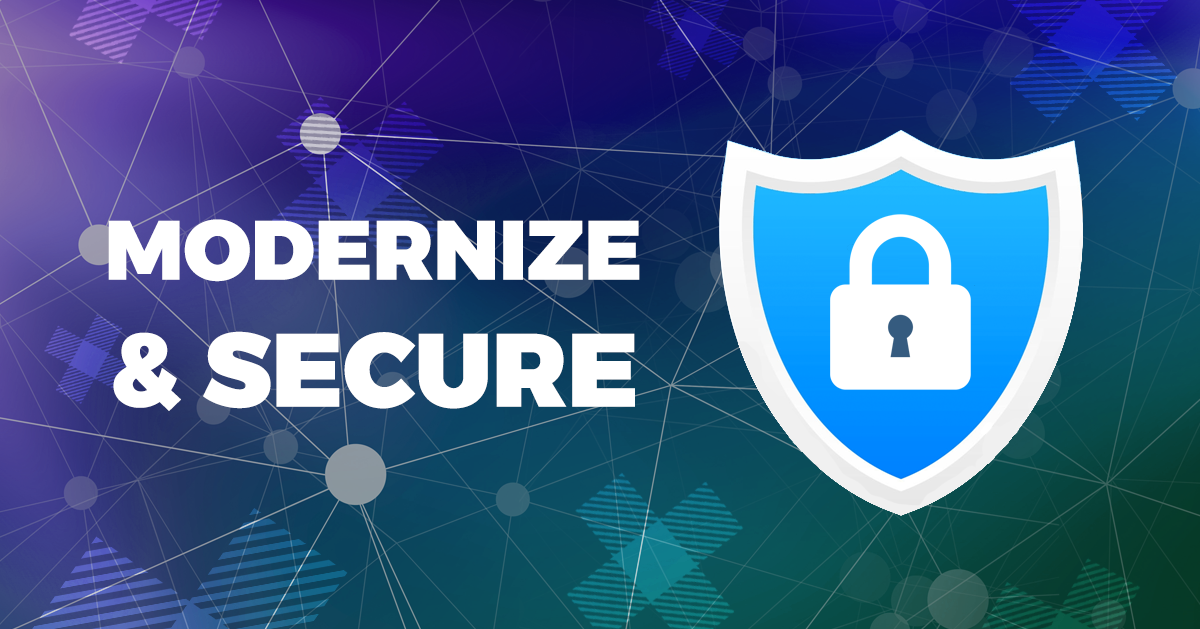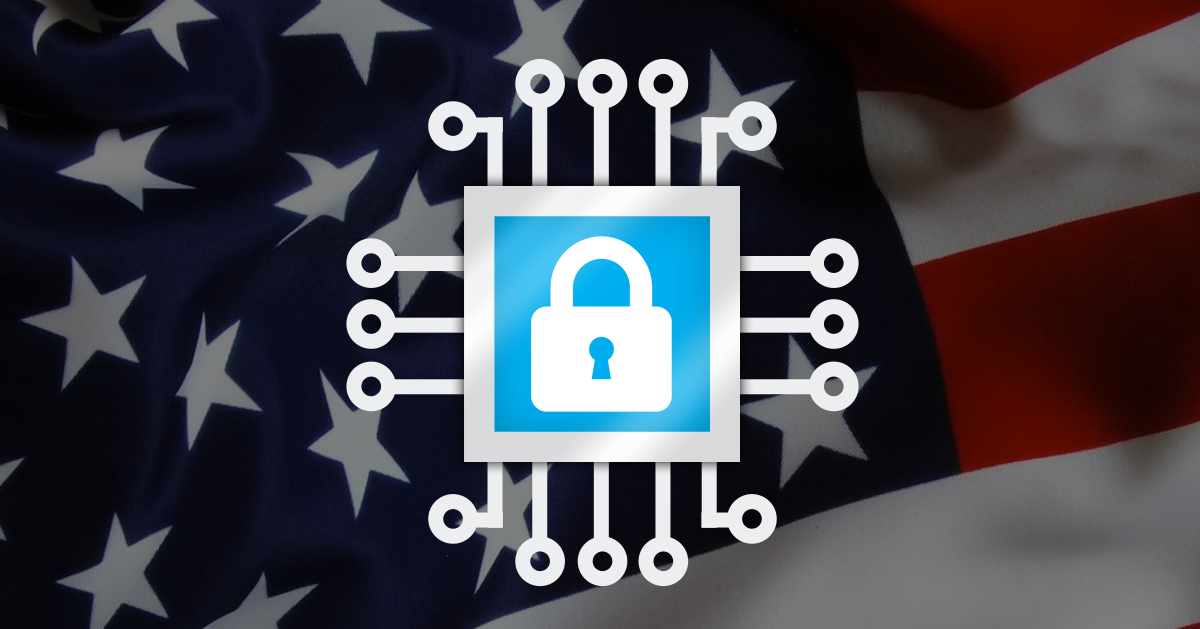
In late February 2022, Russia invaded Ukraine, waging war and capturing the attention of the world. Through social-media, people across the world are witnessing this in real-time, emphasizing war aggressions like nothing in history before. While we witness the devastating ground warfare unfolding on news outlets, there is also a cyber war being waged as well. With the Ukraine calling on a volunteer cyber army of hackers and the hacktivist group Anonymous providing its help, we may be witnessing the start of the first official global cyber war.
Shields Up Cybersecurity Program
As a result, the U.S. Government has created the “Shields Up” program and call to action, urging all American businesses to review and reinforce their cybersecurity defenses. Currently, the Russian government has not made any direct threats to U.S. based businesses however, it is important to be proactively prepare for this possibility. The U.S. Cybersecurity and Infrastructure Security Agency (CISA) has a new program that provides resources and guidance to companies, offering free threat scans to get companies started.
The U.S. Government is asking for our help as well, stressing the importance of reporting any cyberattacks or incidents that occur and coordinate with the FBI to help better track the nature and severity of the incidents throughout the nation.
The Bare Minimum: What You Should At Least Be Doing Currently
Over the last decade, cybersecurity tools have become more powerful and affordable for enterprise level organizations down to even the smaller “mom and pop” businesses. With so many options, finding one for your size business and needs is easier than you think. The Shields Up program provides guidance toward a protected digital infrastructure and recommends businesses putting these practices into place as soon as possible.
Offsite Server Backups
If your company is storing data on servers located on-site, they are vulnerable to many issues such as hackers getting into sensitive or confidential data, as well as natural disasters that can cause server damage. Every company should be backing up their data every few minutes or schedule daily backups to an off-site cloud-based server solution. These data files should be locked and configured to ensure they cannot be erased. If you always have a recent backup, in the event of a server issue, you can spin up a new instance in a matter of minutes and prevent a major shutdown and downtime throughout your organization.
Multi-Factor Authentication (MFA) and Virtual Private Networks (VPN)
With many companies being completely virtual and staff working from all over the world, it is important to ensure secure connectivity to company data and assets without the risk of outside interference. In today’s political climate, using a simple firewall and anti-virus software is not sufficient with all the available public portals and wi-fi options. Creating an encrypted virtual network is critical for securing systems. By implementing a multi-factor authentication (MFA) process, employees and staff are required to provide a secondary identification process (e.g., mobile application codes, fingerprint, ID card, etc.) when attempting to sign-in to access the network. Cloud-based systems such as Amazon Web Services (AWS) put your entire operating system in an encrypted cloud, allowing staff to safely work from anywhere they like.
Cybersecurity Training
Your employees are your first line of defense; they are the most vulnerable to unknowingly breaking security rules and protocols without receiving the proper training. Teaching employees what they need to lookout for when dealing with email phishing, social media attacks, and impersonators attempting to gain trust and information can help stop and prevent the majority of basic hacks before they can even occur. There is endless information available to provide training and programs for your staff – both online and in-person – to ensure they are aware of all techniques. It is also important to schedule company-wide mandatory trainings on an annual basis for all staff to ensure everyone is aware of how the latest threats and newest techniques for securing information.
Incident Response Plan
There are several questions to address if your company has a data breach: What processes and protocols are in place? What team jumps into action immediately to stop or mitigate the damage? Who notifies customers and employees when an incident occurs? Instead of being reactive and trying to figure everything out if an incident occurs, companies should be proactive and have a documented Incident Response Plan. This should include ensuring there are tools and resources to figure out what went wrong and how to fix the situation. For example, a team of cybersecurity experts can manage logs and create reports using data and forensic analysis tools to determine how the system was breached.
The Time Is Now
In most cases, these upgrades should only take small businesses a few weeks (or even days) to fully implement cybersecurity measures, providing much needed peace of mind. With cyber threats becoming more prevalent each year, as well as the announcements and programs from the White House and CISA, there’s no better time than now to get started.
Contact us today for a consultation >


